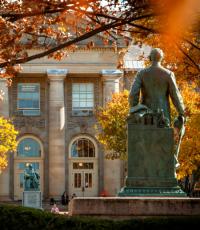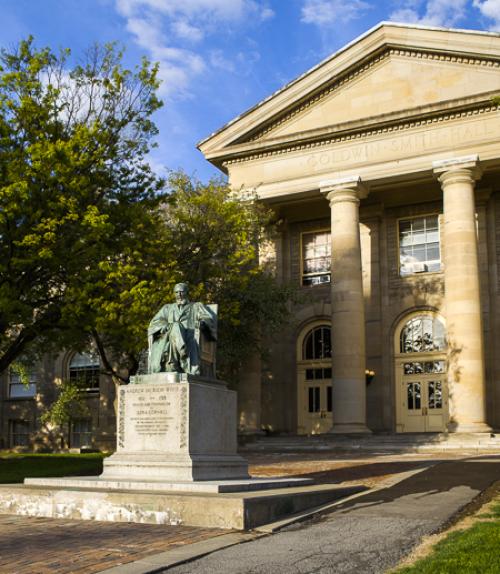
 Department Homepage
The College of Arts & Sciences
Department Homepage
The College of Arts & Sciences
CIVIC radical collaboration initiative makes six new hires
CIVIC (Critical Inquiry into Values, Imagination and Culture), the provost’s Radical Collaboration initiative focused on the humanities and the arts, is halfway toward its goal of 10 new faculty.


